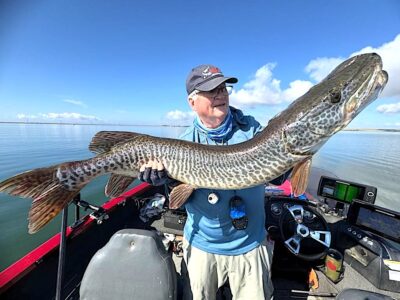To Grandmother’s house we go: Using power of attorney when caring for a grandchild
In the world of my two elementary school-aged children, there is nothing more exciting than getting to spend the night at grandma and grandpa’s house. They know they will eat supper at Krolls, play games, stay up late chattering to each other in the guest bedroom, and have the time of their lives with the special activities their doting grandparents have planned.
In most cases, my husband and I are just a mile down the road having a quiet, relaxing dinner and could meet them at the ER if one of the kids had an accident or other emergency. However, on the few occasions we have been out of town, we have been sure to leave grandma and grandpa with a temporary power of attorney naming them as the decision-makers for the kids in our absence.
North Dakota law allows parents of a minor child to delegate to another adult the ability to make medical and other decisions on behalf of the child. This type of power of attorney, called a Power of Attorney for Care and Custody of Minor Children, proves useful in the type of scenario described above, in which the child is in the care of someone else while the parents are out of town. In addition to granting medical authority, the power of attorney can also provide authority for any number of other decisions related to the care and custody of the child, such as communication and decision making with the child’s school, signing consent forms at the trampoline park, or authorizing the next round of orthodontic treatment. The power of attorney does not remove the parents’ legal authority to make decisions for the child, but simply gives a “carbon copy” of that authority to another person, too.
Even with the constant connectivity that comes with cell phones, there are times parents may truly be unreachable, such as during a flight, during the birth of another child, or if undergoing surgery. Other times parents deliberately go “off grid” to enjoy a weekend in nature or a night on the town. Having the power of attorney in place ensures decisions can be made by the person named in the power of attorney, even if the parent cannot be reached.
As with any other type of power of attorney, it must be in writing and signed in front of a notary. North Dakota law limits the duration of the power of attorney to six months. Additionally, the law does not allow the power of attorney to delegate the authority to consent to the marriage or adoption of the child.
When I assist parents of minor children with their estate planning, I typically discuss this power of attorney and provide a template for them to use in the future if they leave their children in the care of another person for a trip or other temporary arrangement. The North Dakota court system has two examples of this type of power of attorney on its self-help website. The court system also provides a template for the revocation of the power of attorney for when it is no longer needed. I advise parents to sign the power of attorney with a statement it is to be effective for the maximum allowable time of six months, and then to revoke it in writing when they return to their children. This allows for uninterrupted care for the children if the parents are not able to return to their children at the expected time due to illness, travel delays, world events, or some other catastrophe.
Other related legal actions involving minor children, such as guardianships, conservatorships, adoption, and custody issues are beyond the scope of the power of attorney and should be navigated with the guidance of an experienced family law attorney.
So, add “power of attorney” to the checklist of things to have in hand when hosting your next weekend with the grandchildren. Doing so will ensure you have the legal authority to navigate both routine and unexpected decisions that may arise while they are under your care.
This article does not constitute legal advice. Each individual should consult his or her own attorney.


